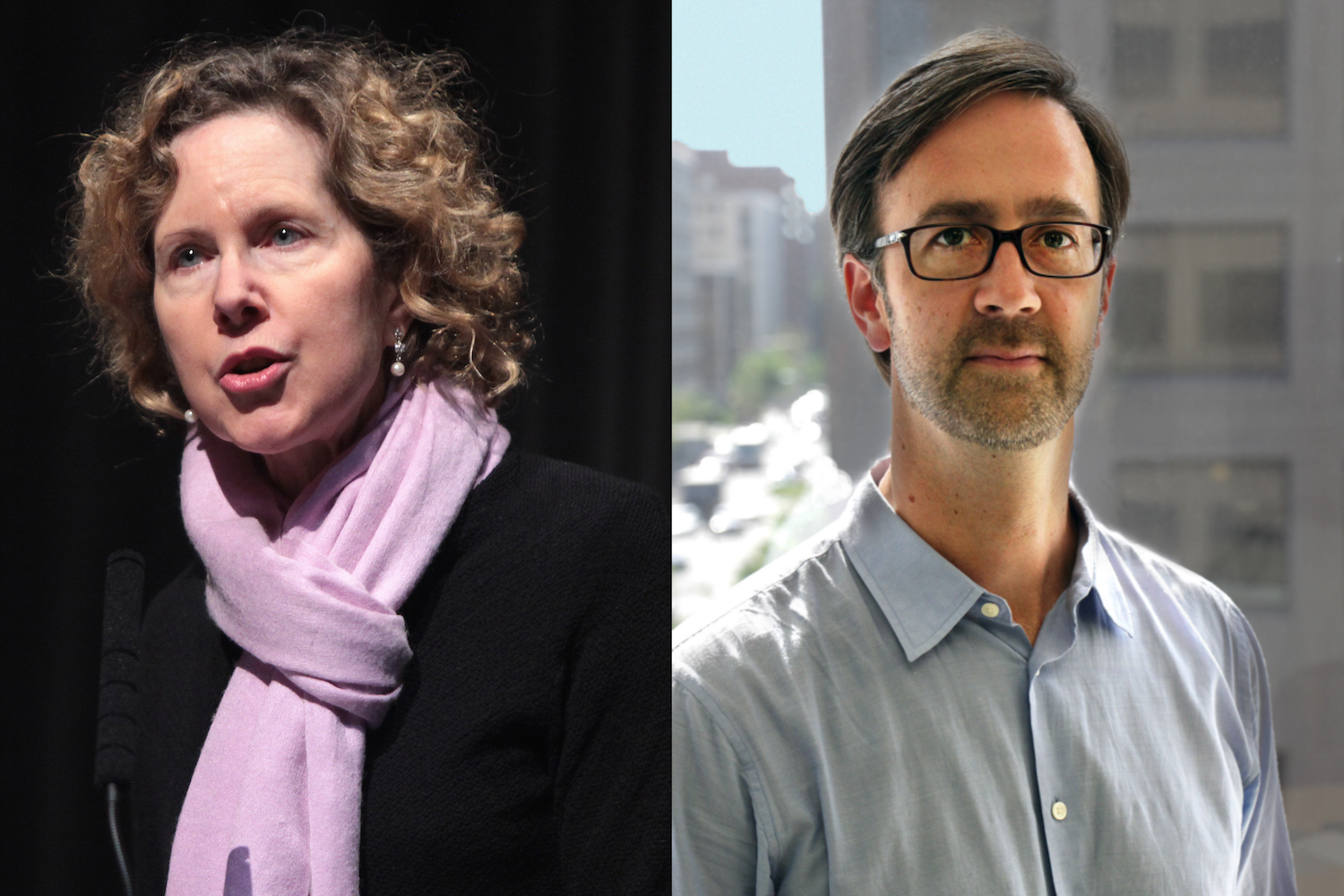
Wikimedia Commons
On Thursday evening, the William F. Buckley Jr. Program hosted a debate on the recent Department of Justice lawsuit brought against the University on charges of discrimination in admissions practices.
The Buckley Program, an organization which seeks to promote intellectual diversity within Yale and is perceived as a conservative group, typically offers weekly speaking events during the academic year. On Thursday, the program invited Lisa Blatt, a lawyer who has won 37 of the 40 cases she has presented to the Supreme Court, to moderate a Zoom debate between Heather Mac Donald and Kevin Carey. Each side was given time for an opening statement, rebuttal and closing — with plenty of discussion in between — as they unpacked the legacy of affirmative action and related its goals and outcomes to the Yale of today.
“The best thing that can, you know, ever come out of our events, I think, for attendees is for … whatever beliefs they had going into the event to come out of it feeling like those beliefs … were to some degree challenged … by, you know, what they heard and saw at the event,” said Kobe Rizk ’21, president of the Buckley Program.
Mac Donald, a writer who is currently a fellow at the Manhattan Institute — a conservative think tank based in New York City — began the debate defending the Department of Justice’s complaint, presenting some of the ideas discussed in her most recent book: “The Diversity Delusion: How Race and Gender Pandering Corrupt the University and Undermine Our Culture.” She argued that considering race as a factor of admissions harms the students who are admitted based on that system, given that they may not be adequately prepared for the college that they enter and that college admissions ought to be colorblind.
Once she finished, Carey issued his opening statement. He writes on the subject of American higher education and serves as the vice president for education policy and knowledge management at the New America think tank. He also directs the tank’s education policy program. Carey argued that considering race as a factor of admissions is not only constitutional, as determined by the Supreme Court, but also very common and a smart decision.
“In fact, it’s common practice for our colleges and universities,” Carey said. He added that affirmative action compensates for “a K through 12 education system that does not provide equal opportunities to students of different races,” meaning “we don’t get a complete picture of their potential in college, nor is their potential fixed by those experiences.”
He then went on to criticize “mismatch theory,” or Mac Donald’s argument that including race in admissions decisions leads to students being misplaced into universities. He mentioned a 2020 study published by economics researcher Zachary Bleemer which describes the effects of Proposition 209, an amendment added to California’s constitution in 1996 outlawing affirmative action. The study, according to Carey, reported that ending affirmative action had severe negative effects on the University of California system, including lower enrollment of Black and Latinx people and a decrease in the performance of those students who did enroll.
Mac Donald responded by criticizing the fact that the individual data of the study has not yet been released, which, she said, makes it difficult to believe its conclusions. Later on, she argued that the admissions policies of schools have larger consequences.
“There is a cynicism about the admissions process,” Mac Donald said.”I don’t think that’s a good position to be in.”
Both sides were able to unite over certain critiques of the current admissions process. Carey said the system itself disadvantages Asian applicants, and he further leveled critiques at the administration’s consideration of legacy applicants and student athletes.
While it was not possible to see the faces and reactions of students over Zoom, many nevertheless had complicated feelings about the subject matter discussed.
“I have strong feelings on affirmative action, and it was a privilege to be able to see the issue rotated and attacked from all sides,” Kofi Samuels ’24 wrote in an email to the News. “I do sometimes question how we can humanize debates like this. … This is an important discussion to be having, and I hope that others who tuned in were thinking not only of numbers and percentage points, but also about the implications behind them.”
The Buckley Program officially launched in the spring of 2011.
Amre Proman | amre.proman@yale.edu







